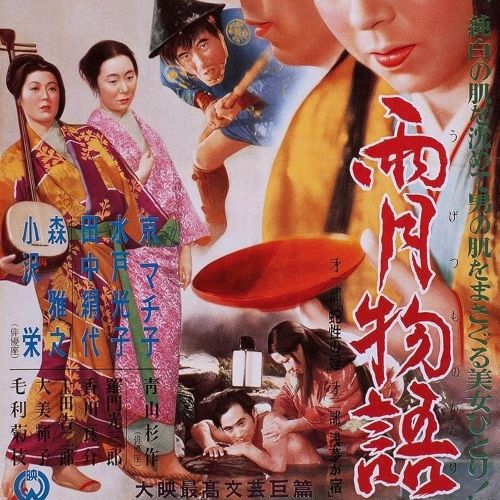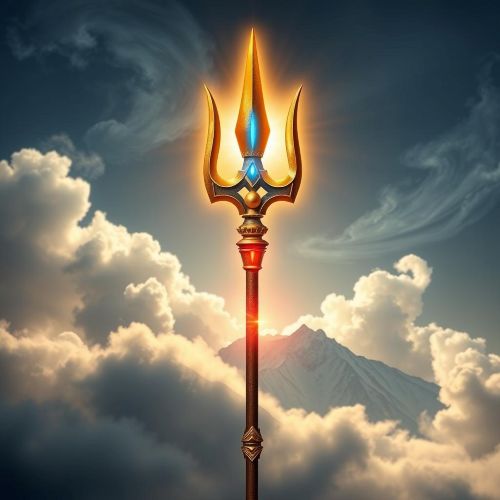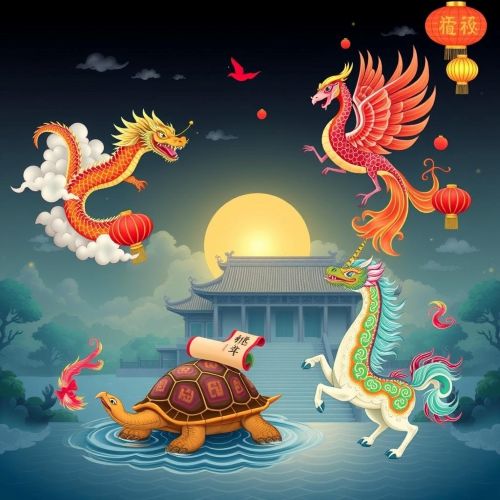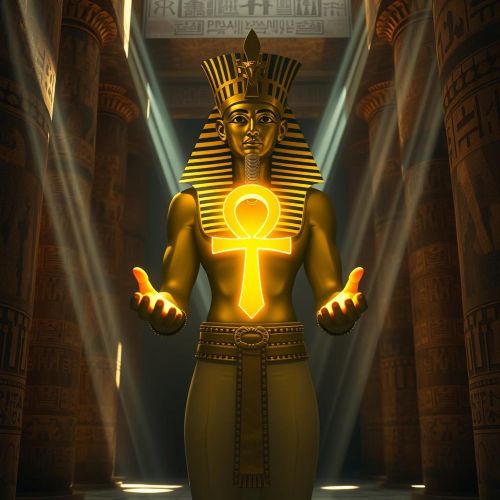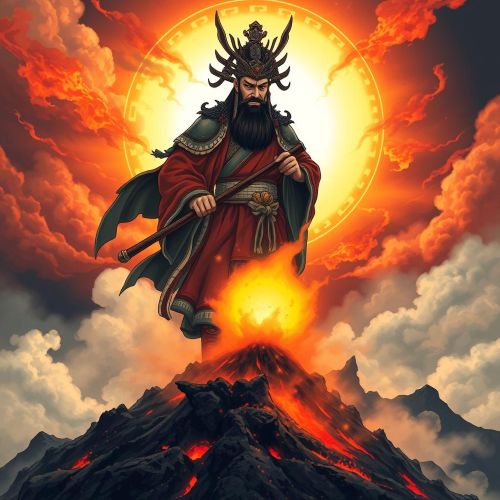Mythical Crocodiles: Legends and Lore
Crocodilians, those magnificent and fearsome reptiles, have a rich and diverse presence in mythology across different cultures. From the Nile crocodile of Egypt to the saltwater crocodile of Southeast Asia, these creatures have often been woven into ancient folklore and revered in the collective imagination of civilizations. Join us as we delve into the world of mythical crocodiles and explore their intriguing significance in mythology.
The Nile Crocodile: Guardian of Ancient Egypt
In the land of the pharaohs, the Nile crocodile (Crocodylus niloticus) held a prominent place in mythology and symbolism. Revered as a sacred animal associated with the god Sobek, the ancient Egyptians believed that the crocodile-god protected the Nile River and its people. Sobek was often depicted as a man with the head of a crocodile, symbolizing power and fertility. The crocodile’s presence in Egyptian mythology highlights its dual nature—both feared and venerated.
Sobek’s influence extended beyond mythology into daily life. Temples dedicated to Sobek were erected in his honor, and crocodiles were kept in sacred pools within these temples. The people of ancient Egypt believed that honoring Sobek would ensure fertility, prosperity, and protection from the dangers of the Nile. The Nile crocodile thus became a mythical symbol of divine power and guardianship.
Crocodilian Creatures in Mesopotamian Lore
Moving eastward, Mesopotamian mythology also features crocodilian creatures. The dragon-like deity Tiamat, from Babylonian mythology, is often depicted as a primordial sea serpent or dragon—a creature akin to a crocodile in some interpretations. Tiamat symbolizes chaos and creation, embodying the untamed forces of nature. This mythical crocodilian figure underscores the significance of reptilian imagery in ancient mythologies.
Indigenous Beliefs and Mythical Crocodiles
Across Indigenous cultures, crocodilians are often revered as powerful spirit animals or shape-shifting deities. In Australian Aboriginal mythology, the crocodile features prominently as a creator being and a guardian of sacred waters. Similarly, in various African cultures, crocodiles are associated with ancestral spirits and are believed to possess supernatural powers. These beliefs highlight the crocodile’s enduring presence in indigenous mythologies worldwide.
The Symbolism of Mythical Crocodiles
What makes mythical crocodiles so intriguing is their symbolic significance. In many myths, crocodiles embody duality—they are both fearsome predators and protective deities. They represent the untamed forces of nature, emphasizing the delicate balance between chaos and order. Moreover, crocodiles often symbolize fertility, rebirth, and regeneration due to their association with water and rivers—a life-giving source in many ancient cultures.
Legacy and Modern Interpretations
Today, the legacy of mythical crocodiles lives on in various forms. They inspire art, literature, and popular culture, serving as potent symbols of primordial power and mystery. From Sobek’s depiction in video games to the Tiamat-inspired dragons of fantasy novels, the influence of these ancient myths continues to captivate our imaginations.
In conclusion, the presence of mythical crocodiles in ancient legends offers a fascinating glimpse into humanity’s relationship with nature and the supernatural. These creatures, with their raw power and enigmatic allure, remind us of the enduring significance of mythology in shaping our understanding of the world. Whether feared or revered, crocodilians continue to occupy a unique place in the pantheon of mythical creatures—a testament to the enduring power of storytelling across cultures.


